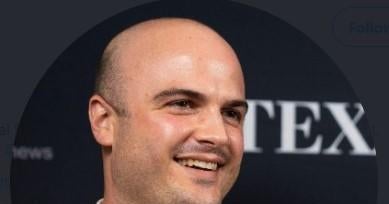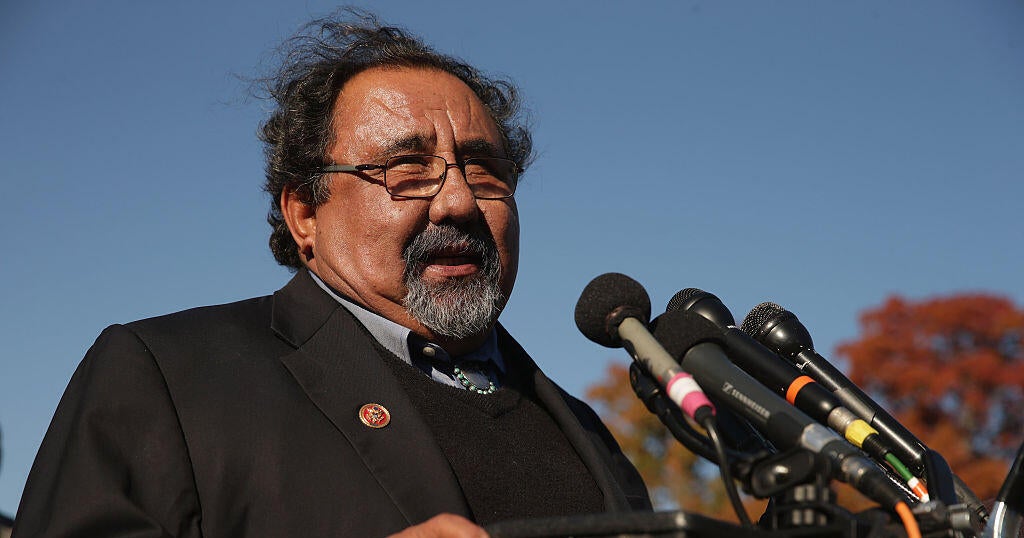Puerto Rico governor looks to move up 2020 Democratic primary
Washington — Puerto Rico Gov. Ricardo Rosselló is spearheading an effort to move up the date of the island's 2020 Democratic primary to highlight the pressing issues facing the U.S. territory, which some progressives worry are being neglected on the campaign trail.
The measure, which is expected to pass the island's legislature in the coming weeks, would move the primary from the first Sunday in June to the last Sunday in March. Rosselló said the change would incentivize the two-dozen Democrats running for president to actively address proposals to remedy some of the island's woes, including stalled hurricane recovery efforts and a prolonged fiscal crisis.
"You have a platform there in Puerto Rico to really zero in. It can be kind of the ground zero of the discussions of some of the issues that are important for the Democratic candidates," the governor told CBS News during an exclusive interview in Washington. "And I hope — and I expect — others to come to the island."
If the measure passes as expected, Rosselló said Democratic presidential campaigns will make more an effort to win over the state's delegates. In 2016, Puerto Rico had 67 Democratic delegates in play, more than than over two dozen states and territories.
The governor is also pushing the Democratic National Committee (DNC) to hold a presidential debate in Puerto Rico and said a formal request will be forthcoming.
Rosselló said Puerto Rico — home to approximately 3.2 million U.S. citizens — can serve as a microcosm of issues that affect the entire nation but that are particularly pronounced on the island. "These issues that are important to all of the candidates that resonate in Iowa, in New Hampshire, in California and elsewhere, they resonate in Puerto Rico," he added.
The governor said the "extreme" economic inequality on the island — which is the highest of any U.S. state or territory, based on the most widely recognized measure of income inequality — can help candidates highlight the issue of wealth disparity across the country.
On climate change, Rosselló said Puerto Rico can become a "model" for national efforts to reduce carbon emissions and expand renewable energy. He said the Caribbean island, unlike most areas in the mainland U.S., has felt the brunt of human-induced climate change by way of rising sea levels, severe droughts and powerful storms, like the pair that pummeled the U.S. territory in 2017.
Rosselló, an ardent supporter of Puerto Rican statehood, also believes the island represents the most compelling example of voter disenfranchisement in the U.S.
U.S. citizens in Puerto Rico can't vote in the general presidential election, as the island does not have electoral votes, unlike the District of Columbia, which also lacks voting representation in Congress but was granted electoral votes under the 23rd Amendment. Puerto Ricans who move to the mainland and register, however, can cast ballots in general elections.
Under the 1979 Guaranteed Presidential Vote U.S. citizens in Puerto Rico Act, U.S. citizens on the island can vote in party primaries.
"What better place to sort of highlight the effects of voter disenfranchisement than in Puerto Rico where you have 3.2 million U.S. citizens that are just disenfranchised?" Rosselló asked.





